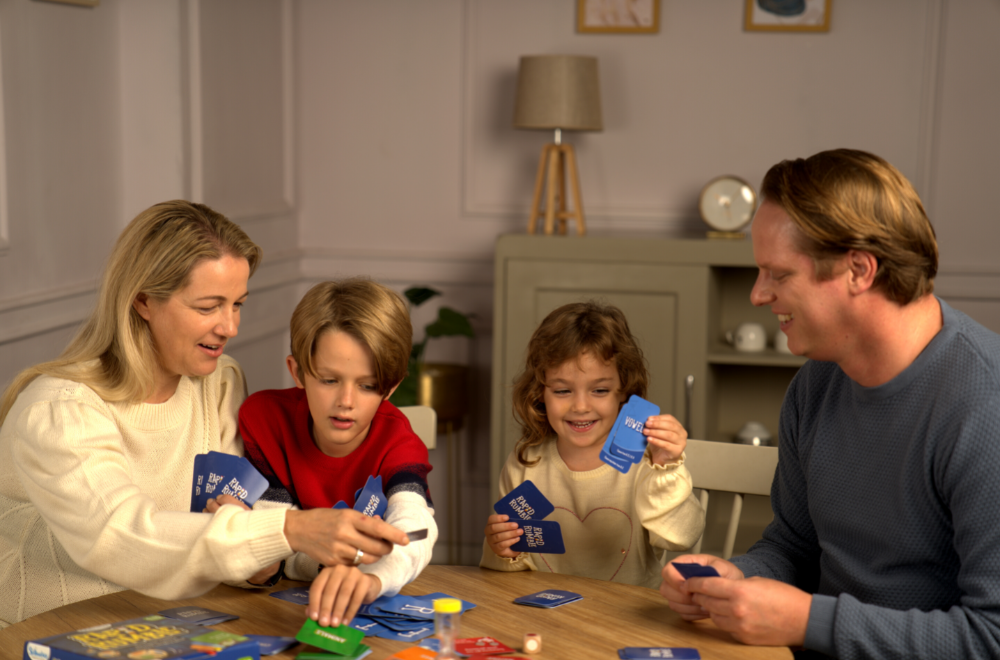The parent-child relationship court, often referred to as family court or juvenile court, plays a crucial role in safeguarding the well-being of children. This specialized court system handles a wide range of legal matters related to children, including custody, visitation, child support, adoption, and abuse or neglect cases.
The Focus of the Parent-Child Relationship Court
The primary focus of the parent-child relationship court is always the best interests of the child. Judges and other court personnel strive to make decisions that prioritize the child’s physical, emotional, and psychological well-being. This includes considering factors such as:
- The child’s age and maturity level: The court considers the child’s developmental stage and their ability to understand and express their own preferences.
- The child’s relationship with each parent: The court assesses the strength of the bond between the child and each parent, considering factors like emotional availability, consistency of care, and the quality of the parent-child relationship.
- The child’s needs and preferences: While not always determinative, the court will consider the child’s expressed wishes, particularly in older children, regarding their living arrangements and time with each parent.
- The parents’ ability to provide a stable and nurturing environment: The court evaluates each parent’s ability to provide a safe, stable, and supportive home environment for the child, considering factors such as financial stability, living arrangements, and overall lifestyle.
- The potential impact of any domestic violence or abuse: The court takes a serious view of domestic violence and abuse and prioritizes the child’s safety and well-being above all else.
The Role of the Court in Parent-Child Relationship Matters
The parent-child relationship court plays a multifaceted role in these proceedings:
- Investigative Role: The court may order investigations, such as home studies or psychological evaluations, to gather information relevant to the child’s best interests.
- Decision-Making Role: The court ultimately makes decisions regarding custody, visitation, and other critical matters related to the child’s well-being.
- Mediation and Conflict Resolution: The court may encourage parents to participate in mediation or other forms of alternative dispute resolution to reach amicable agreements regarding child-related issues.
- Enforcement Role: The court has the authority to enforce its orders, such as child support orders, and to hold parties accountable for their obligations.
Navigating the Parent-Child Relationship Court
Navigating the parent-child relationship court can be a complex and emotionally challenging process.
- Legal Representation: It is crucial to seek legal counsel from an experienced family law attorney who can provide guidance and representation throughout the legal proceedings.
- Communication and Cooperation: Open and honest communication between parents is essential, even in the midst of conflict.
- Focus on the Child’s Best Interests: Throughout the process, it is important to remember that the child’s best interests should always be the paramount consideration.
- Self-Care: The legal process can be emotionally draining. It is important for parents to prioritize their own well-being and seek support from friends, family, or mental health professionals.
The parent-child relationship plays a vital role in protecting the rights and well-being of children. By understanding the court’s role, the legal process, and the importance of prioritizing the child’s best interests, parents can navigate these challenging situations more effectively and work towards the best possible outcomes for their children.










